Research involving animals is a vital part of biomedical research and medicine development, helping us to understand and improve the prevention and treatment of diseases in animals and humans.
It is a regulatory requirement to test potential new medicines in animals before they can be tested in humans, with most tested in two species prior to human testing.
Animal research and testing has played an important part in almost every medical breakthrough of the last century, helping scientists to understand disease processes and ensuring medicines are safe for patients.
In the UK, the use of animals in experiments and testing is regulated under the Animals (Scientific Procedures) Act 1986 (ASPA), with implementation regulated by the Home Office in England, Scotland and Wales and by the Department for Health, Social Security and Public Safety in Northern Ireland. In 2013, ASPA was amended to align UK law with the requirements of the updated EU regulations (EU Directive 2010/63/EU).
Under the Animals (Scientific Procedures) Act 1986, the principles of the 3Rs (replacement, reduction and refinement) provide a framework for conducting humane animal research and promote the use of alternative methods to reduce the number of animals used.
Related news and blogs
-
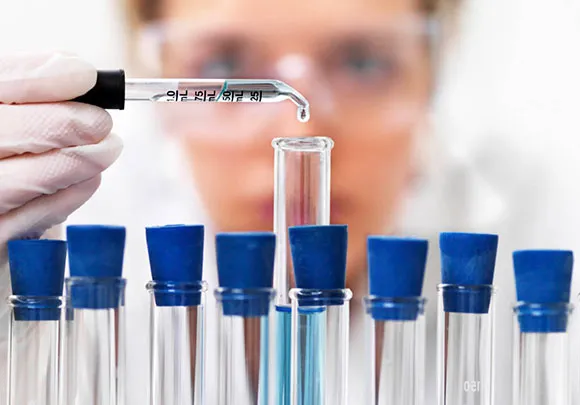
ABPI response to animal RD statistics
New statistics show the number of research projects conducted in Great Britain that involved animals has fallen 15% since 2019.
-

ABPI response to the UK’s approach to EU negotiations
The UK Government has set out its approach to negotiations for the Future Relationship with the EU.
Related publications
-
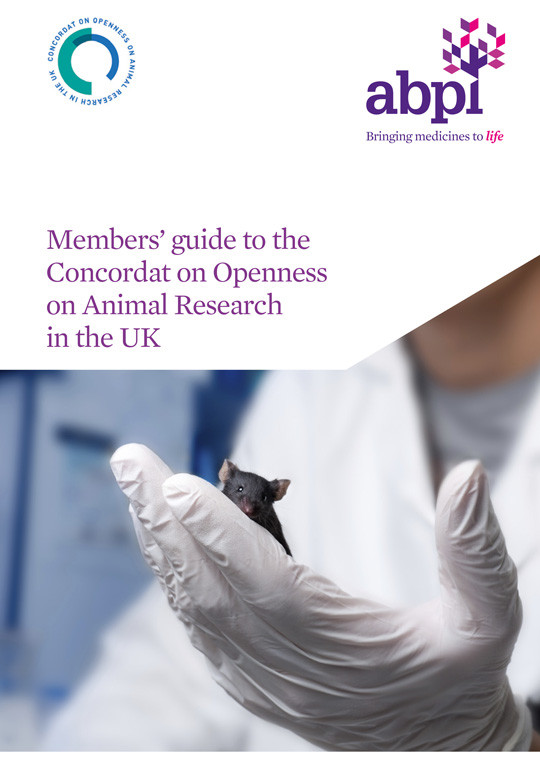
Members’ guide to the Concordat on Openness on Animal Research in the UK
More than 80 organisations involved with life sciences, including universities, learned societies and pharmaceutical companies, have signed the Concordat on Openness on Animal Research in the UK and are committed to being more open about the ways in which they use animals in scientific research.
-
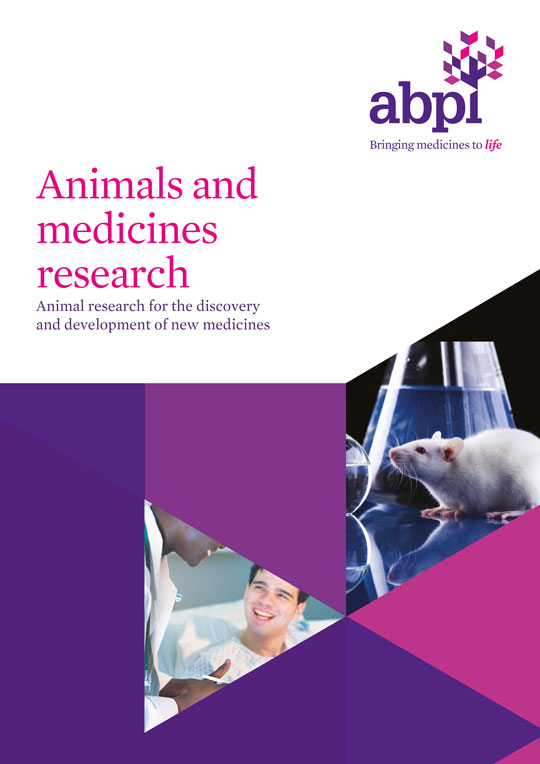
Animals and medicines research
The Animals and medicines research booklet addresses the role of animal research for the discovery and development of new medicines. It contains a number of case studies addressing the current social, medical, legal and welfare environment in which animal research for the development of new medicines takes place.
-
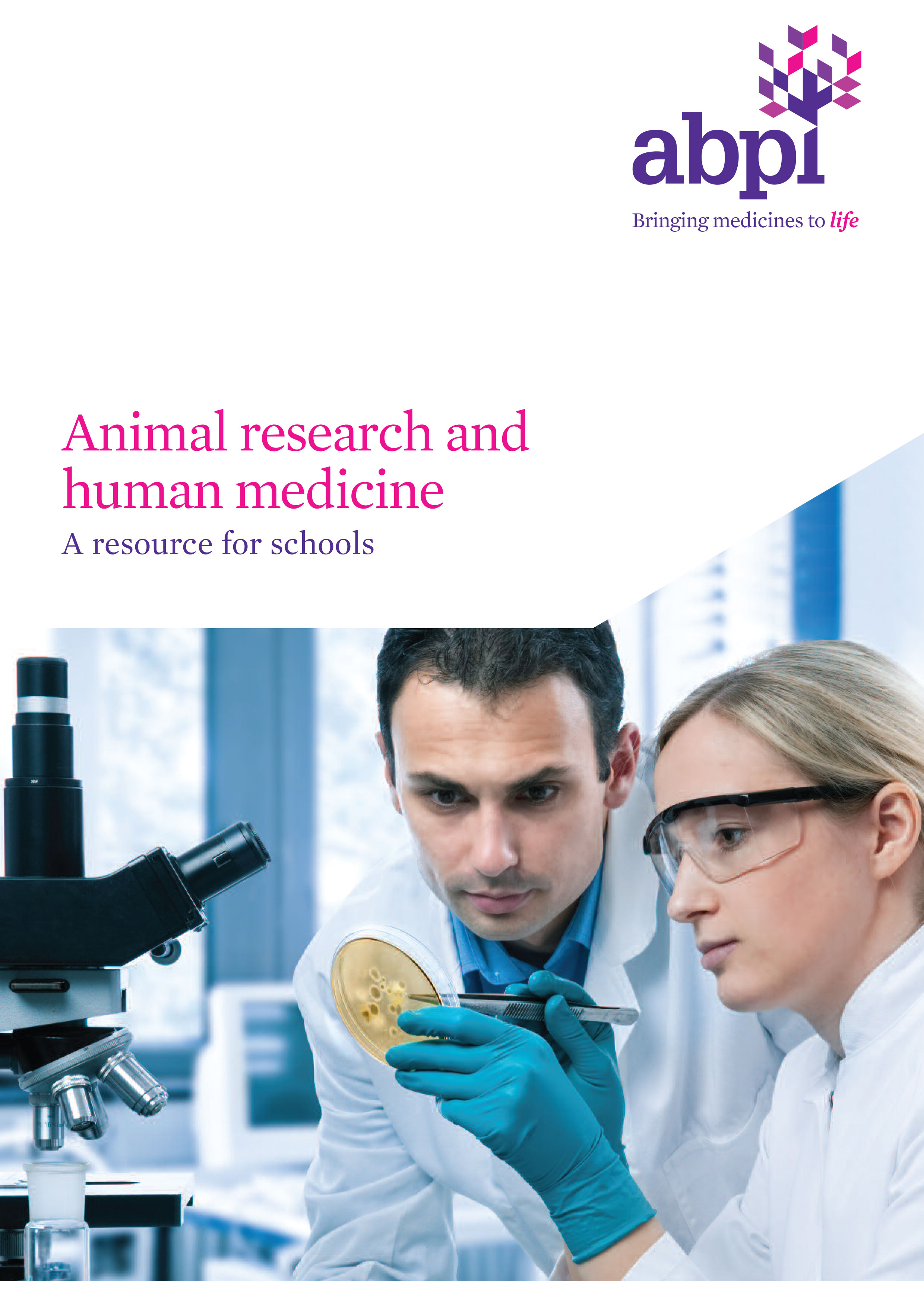
Animal research and human medicine
This schools booklet for teachers and their pupils in the 11–16 year age group covers the current social, medical, legal and welfare environment in which animal research for the development of new medicines takes place.
-
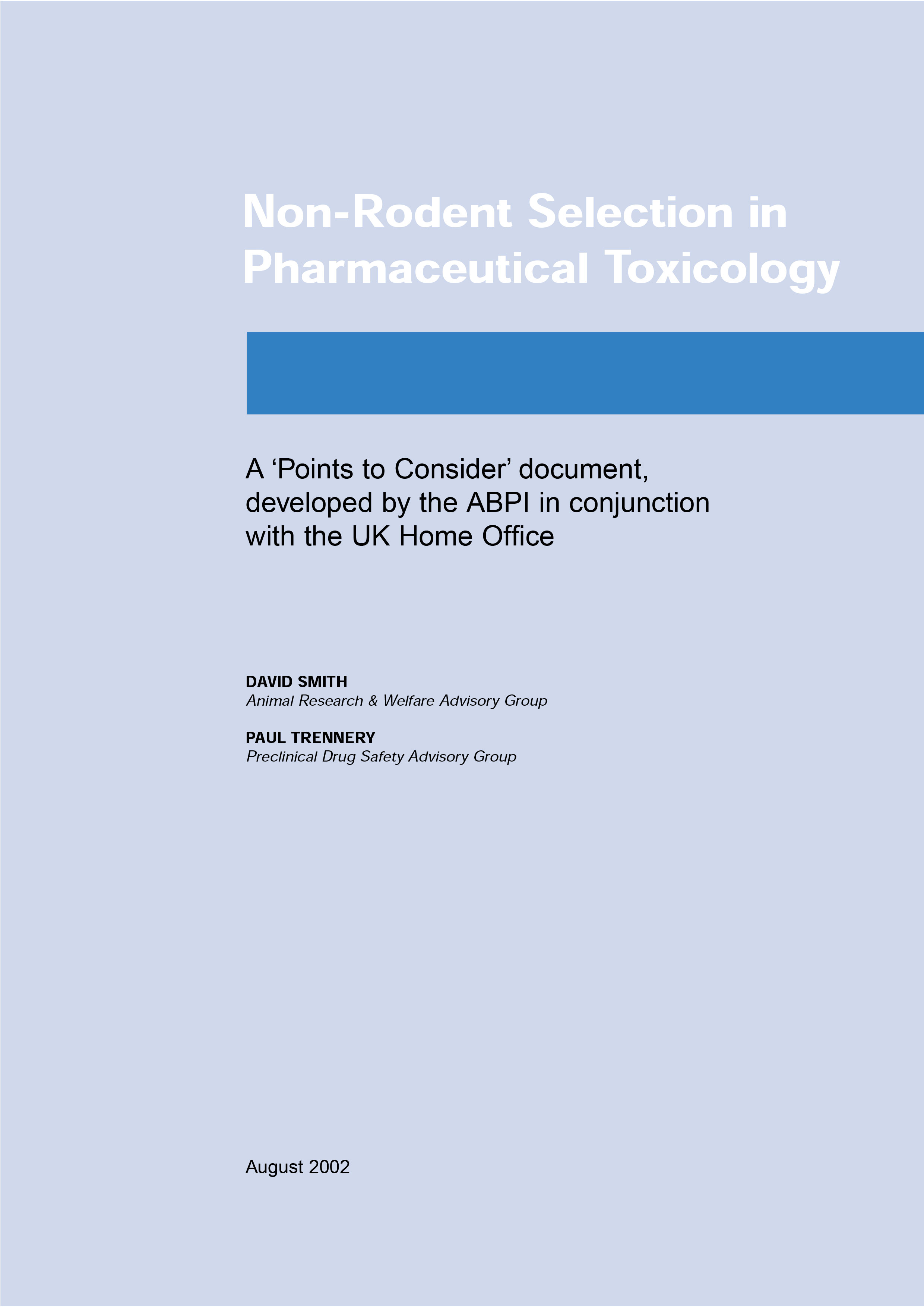
Non-rodent selection in pharmaceutical toxicology
A 'Points to Consider' document developed by the ABPI in conjunction with the UK Home Office.
The pharmaceutical industry is strongly committed to the principles of the 3Rs, and all ABPI members maintain very high standards of animal welfare, complying with the strict UK and EU regulations, often going above and beyond these regulations.
The pharmaceutical industry continues to drive collaborative initiatives based on the 3Rs at a UK, European and international level.
The ABPI fulfils this commitment further by being a signatory of the Concordat of Openness on Animal Research, alongside 121 companies, organisations, charities and associations. This is a UK commitment to help the public understand more about why animals are used in research.
Read case studies from the industry connected with animals in research
-
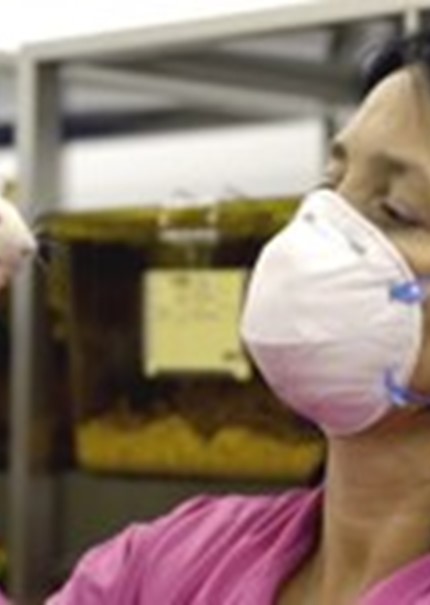
Animal Technologist
I am responsible for the health and welfare of laboratory animals and for training junior animal technologists.
-

Biologist (imaging)
I was attracted to the industry by the breadth of research involved and the crucial interactions between scientists, clinicians and even lawyers.
-
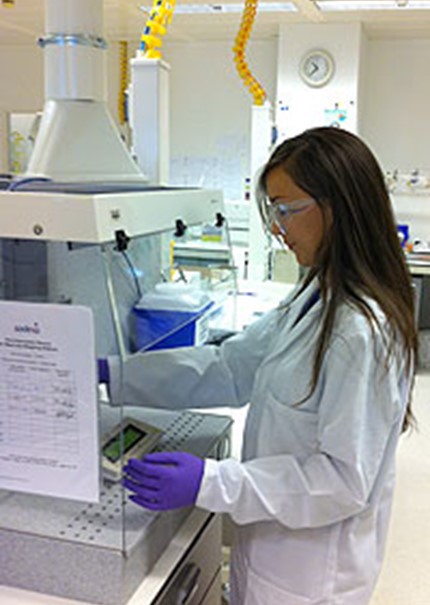
Industrial Placement Pharmacologist
I think doing a placement in the pharmaceutical industry was a good opportunity to gain some experience working in a lab.
-

Mathematical Modeller
People with strong mathematical or engineering or both backgrounds would be highly suited to this role.
-
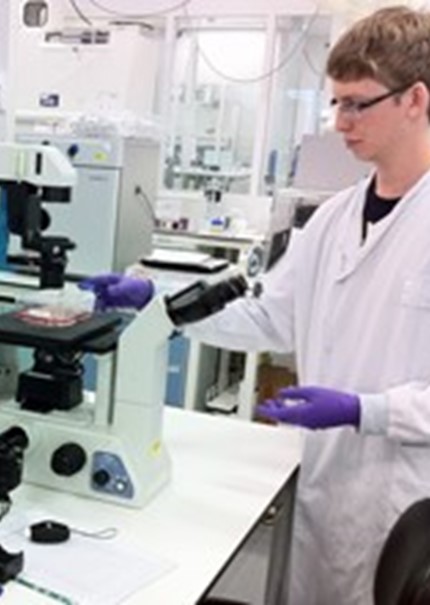
Summer placement student
My summer placement enabled me to get hands on experience with many specialist techniques.
-
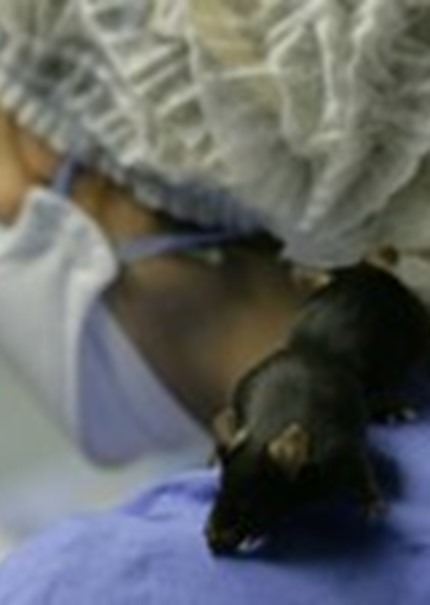
Toxicology Study Director
As a graduate you are totally unaware of all the opportunities and possibilities that are available within the Pharmaceutical Industry.
-

Veterinary Surgeon
I feel like I’m making a contribution to improving the health of both people and animals... because most of the drugs used in humans are also used in animals.
Last modified: 25 February 2022
Last reviewed: 25 February 2022